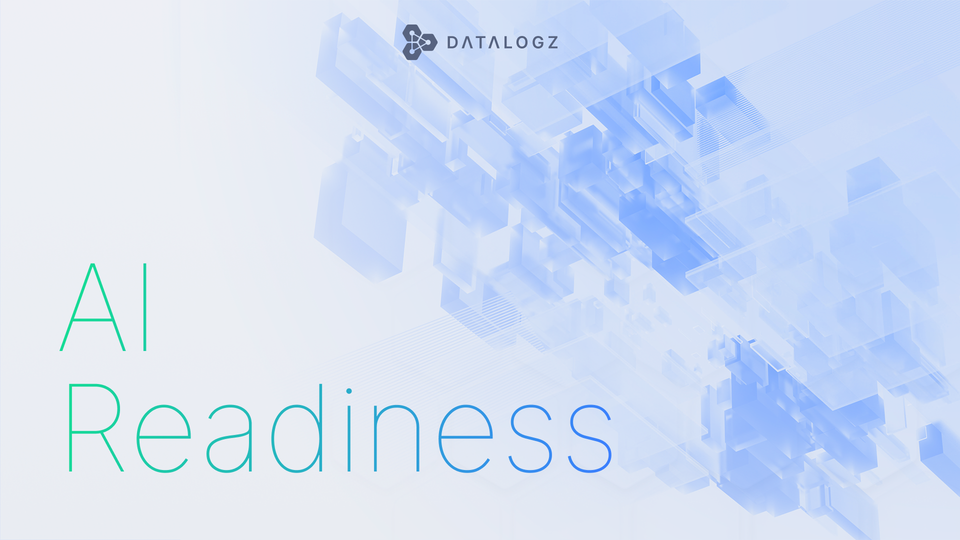How to Facilitate Agile BI Development and Deployment?
Agile BI development and deployment is critical to enabling organizations to respond quickly to changing business needs and make informed decisions based on data-driven insights.

In today's fast-paced business environment, organizations must be able to quickly adapt to changing market conditions and customer needs to remain competitive. Business Intelligence (BI) plays a critical role in enabling organizations to make informed decisions based on data-driven insights. However, traditional BI development and deployment methods can be slow and inflexible, leading to missed opportunities and delayed decision-making.
Agile BI development and deployment, on the other hand, provides a more flexible and iterative approach that can help organizations respond more quickly to changing business needs. By embracing agile methodologies, collaboration, automation, and DevOps practices, organizations can facilitate faster and more reliable BI development and deployment.
Agile Methodologies
Agile methodologies, such as Scrum and Kanban, are designed to facilitate iterative and incremental development and deployment. These methodologies prioritize customer needs and feedback, enable cross-functional teams to work together more effectively, and promote a culture of continuous improvement.
Scrum is a popular agile methodology that involves dividing work into sprints, which typically last two to four weeks. At the beginning of each sprint, the team reviews the backlog of work, selects the highest priority items, and commits to completing them by the end of the sprint. The team meets daily to review progress, identify and address any issues, and plan for the next day's work.
Kanban, on the other hand, is a visual workflow management system that focuses on continuously delivering small increments of value. It uses a board to visualize the flow of work, from idea to implementation, and emphasizes limiting work in progress to reduce bottlenecks and improve flow.
Collaboration
Collaboration is essential to successful agile BI development and deployment. It enables cross-functional teams, including business stakeholders, data analysts, developers, and operations, to work together on BI projects. Collaboration promotes shared understanding, reduces miscommunication, and enables the team to deliver BI solutions that meet the needs of the business.
Effective collaboration requires clear communication and a shared understanding of goals, priorities, and expectations. Teams should hold regular meetings, such as stand-ups and retrospectives, to discuss progress, identify challenges, and plan for the future. Teams should also leverage collaboration tools, such as video conferencing, chat, and project management software, to facilitate communication and document progress.
Automation
Automation plays a critical role in facilitating agile BI development and deployment. It enables teams to streamline BI processes, reduce manual efforts, and increase productivity. Automation can help teams to identify issues and errors earlier in the development process, reducing the time and effort required to fix them.
Automation can be used to automate testing, deployment, and monitoring tasks, reducing the risk of errors and increasing the speed of delivery. Automation can also be used to automate data pipelines, reducing the time and effort required to prepare and process data for analysis.
DevOps
DevOps is a cultural and technical movement that emphasizes collaboration and integration between development and operations teams to achieve faster and more reliable software delivery. DevOps practices, such as continuous integration, continuous delivery, and automated testing, can be applied to BI development and deployment to achieve similar benefits.
DevOps can help teams to integrate BI development and deployment, reducing the time and effort required to move BI solutions from development to production. DevOps can also help to improve the quality and reliability of BI solutions, reducing the risk of errors and downtime.
In conclusion, agile BI development and deployment is critical to enabling organizations to respond quickly to changing business needs and make informed decisions based on data-driven insights. By embracing agile methodologies, collaboration, automation, and DevOps practices, organizations can facilitate faster and more reliable BI development and deployment. Organizations that adopt these practices can expect to achieve faster time to market, improved quality and reliability, and increased productivity.
Key Takeaways:
- Agile methodologies, such as Scrum and Kanban, are designed to facilitate iterative and incremental development and deployment, prioritize customer needs and feedback, and promote continuous improvement.
- Collaboration is essential to successful agile BI development and deployment. Effective collaboration requires clear communication and a shared understanding of goals, priorities, and expectations.
- Automation plays a critical role in facilitating agile BI development and deployment, enabling teams to streamline processes, reduce manual efforts, and increase productivity.
- DevOps practices, such as continuous integration, continuous delivery, and automated testing, can be applied to BI development and deployment to achieve faster and more reliable software delivery.
- Organizations that adopt agile BI development and deployment practices can expect to achieve faster time to market, improved quality and reliability, and increased productivity.




